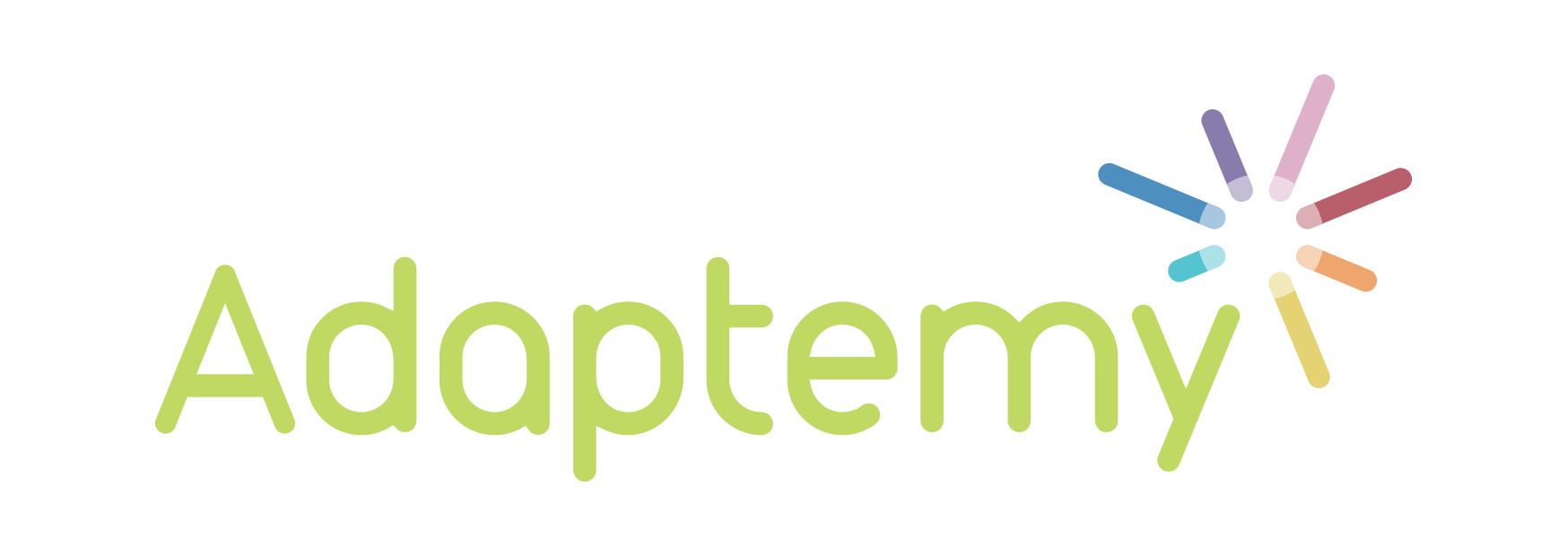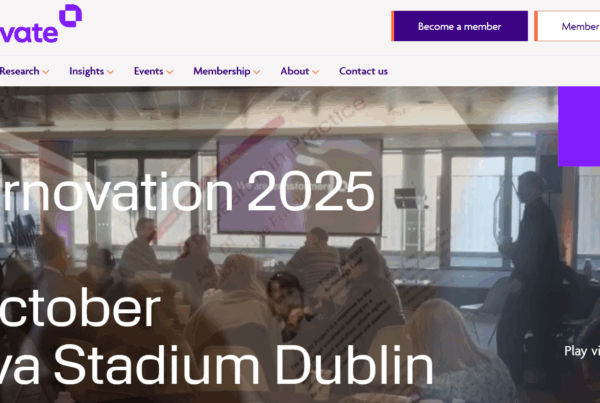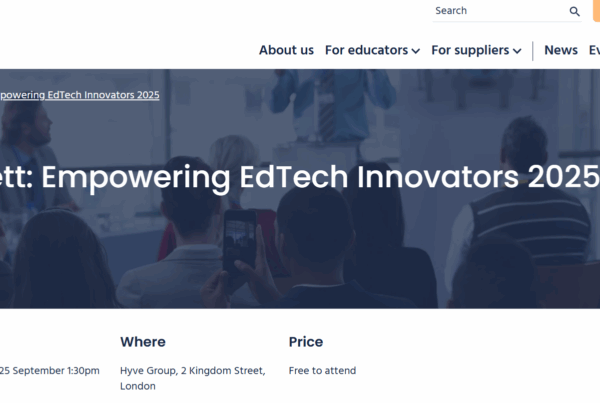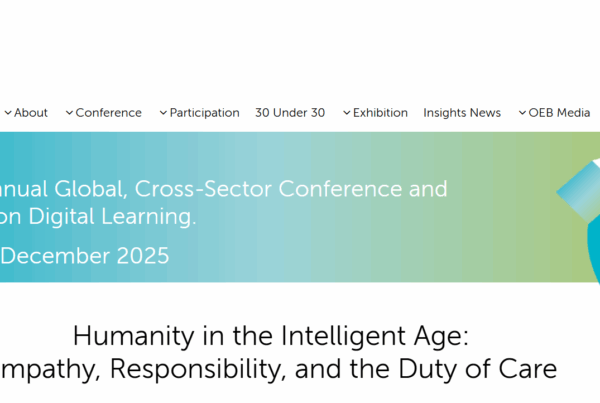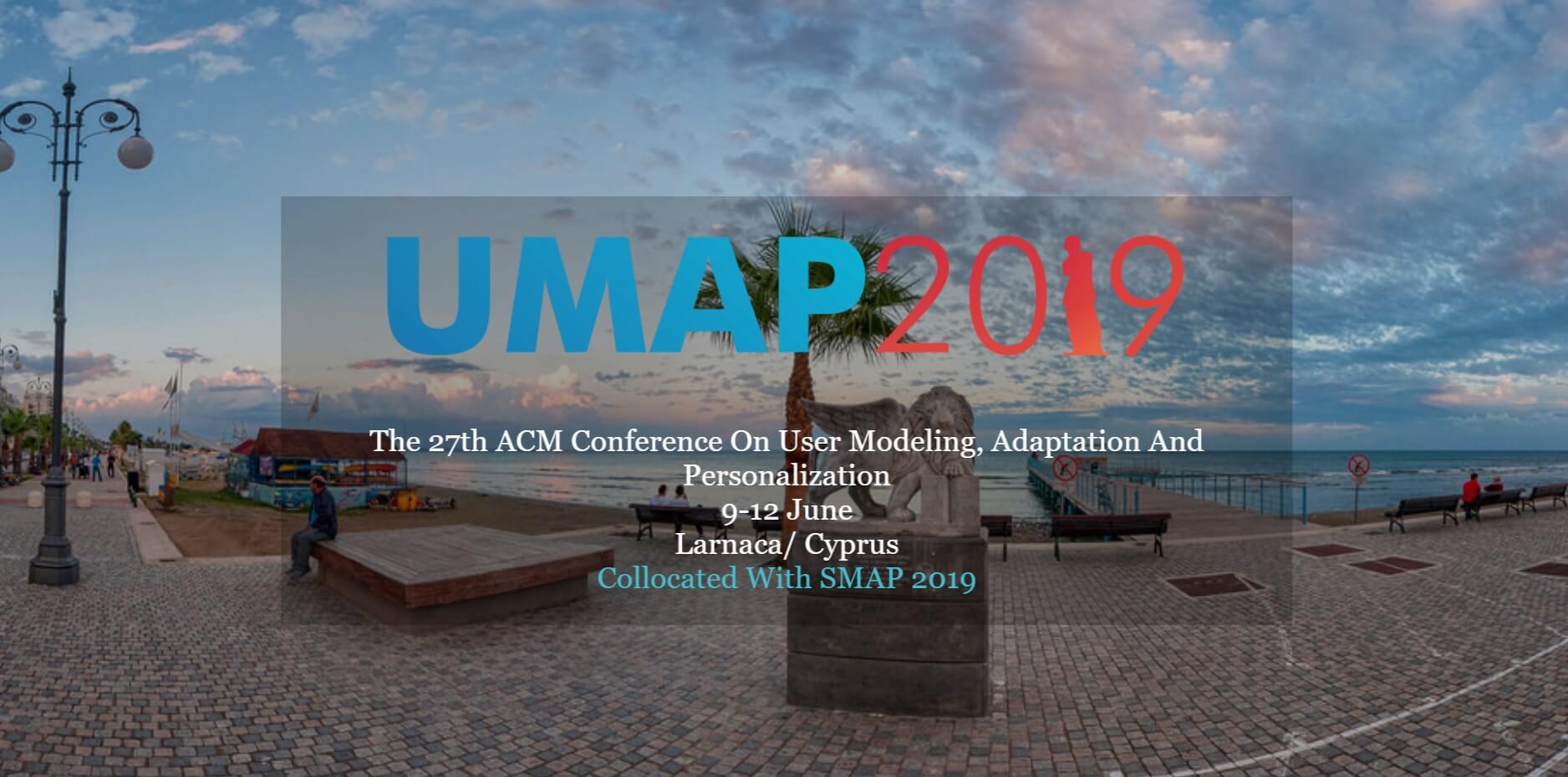
Last week I attended the 27th ACM International Conference on User Modeling, Adaptation and Personalization – ACM UMAP 2019 and its workshops as well as the collocated 14th International Workshop On Semantic And Social Media Adaptation And Personalization – SMAP 2019. As usual it was a pleasure to attend the conferences and leave inspired with many ideas.
UMAP is the premier international conference for researchers and practitioners working on systems that adapt to individual users, to groups of users, and that collect, represent, and model user information.
The first day of UMAP was dedicated to several workshops and tutorials:
- HAAPIE: Human Aspects in Adaptive and Personalized Interactive Environments
- ExHUM: Explainable and Holistic User Modeling
- FairUMAP: Workshop on Fairness in User Modeling, Adaptation and Personalization
- ADAPPT: Adaptive and Personalized Persuasive Technology
- APPS: Adaptive and Personalized Privacy and Security
- EvalUMAP: Towards Comparative Evaluation in User Modeling, Adaptation and Personlization
- PATCH: Workshop on Personalized access to Cultural Heritage
The following days were filled with paper presentations, keynote speakers, doctoral consortium, late breaking research and demos, with many interesting ideas being presented and discussed. Paper presentations were grouped into thematic sessions such as:
- Making personalization transparent
- Health Promotion and care
- Cognitive and Emotional modelling
- Recommendation applications
- Group recommendations
- Ranking and Evaluation of recommendations
- Novel Recommendation algorithms
- Voice User Interfaces
- Exploring user features
- Task oriented support
- Music and Movies
- Technology Enhanced Learning
As suggested by this year’s motto “Making Personalization Transparent: Giving control back to the User”, fairness, transparency, control and explainability have been important topics discussed during the conference.
Ideas on how to make personalisation more transparent and fairer included: methods to eliminate bias in machine learning models, personalised visualisations, algorithms for building explanations, mechanisms to give control to users in recommender system, and context modelling.
Especially in the education area, transparency and explainability can increase students’ trust and satisfaction in the recommended topics. Furthermore, these are not easy to address as they should consider the student knowledge level and grades, their needs and misconceptions (e.g., struggling prerequisites), their intent (e.g., practice, revise, expand their knowledge with new concepts), and the current context (e.g, possible assignments). Additional complexity is added when generating explanations for group recommendations under various strategies such as Additive Utilitarian, the Average Without Misery Strategy or the Least Misery Strategy.
The users’ characteristics and affective aspects also played an important topic within the conference with sub-topics such as cognitive and emotional modelling, behaviour modelling, modelling intrinsic human traits and abilities, improving user engagement and satisfaction, defining what and how to model human factors. Furthermore, it was discussed how adaptive systems can be emotionally intelligent, improve the way people interact, and act like guardian angels for wellbeing.
Evaluation was also a central topic being covered extensively in workshops, tutorials, conerence sessions and individual papers and presentations.
Our paper based on research work from the NEWTON Project: Interactive Personalised STEM Virtual Lab Based on Self-Directed Learning and Self-Efficacy (by Ioana Ghergulescu, Arghir-Nicolae Moldovan, Cristina Hava Muntean, and Gabriel-Miro Muntean) was presented at the 4th International Workshop on Human Aspects in Adaptive and Personalized Interactive Environments (HAAPIE 2019), being awarded the “George Samaras HAAPIE AWARD 2019“.
SMAP 2019 came to complement UMAP by addressing issues of semantic and social multimedia technologies and their use in content creation, media adaptation and user profiling. The topics presented and discussed during the conference were Recommendation Systems and Social Networks, Image Processing and IoT applications, Learning and AI tools, and Semantic Modelling and Personalisation.
Our second paper from research work from the NEWTON Project: Improving Learning Satisfaction in a Programming Course by Using Course-Level Personalisation with NEWTELP (by Ioana Ghergulescu, Dan Zhao, Gabriel-Miro Muntean and Cristina Hava Muntean) was presented as part of the Learning and AI tools session. Interesting ideas on preference dynamics and behaviour traits, automatic taxonomy extraction and reducing biases in algorithmic systems were presented and discussed in the Semantic modelling and personalisation session which I chaired.
